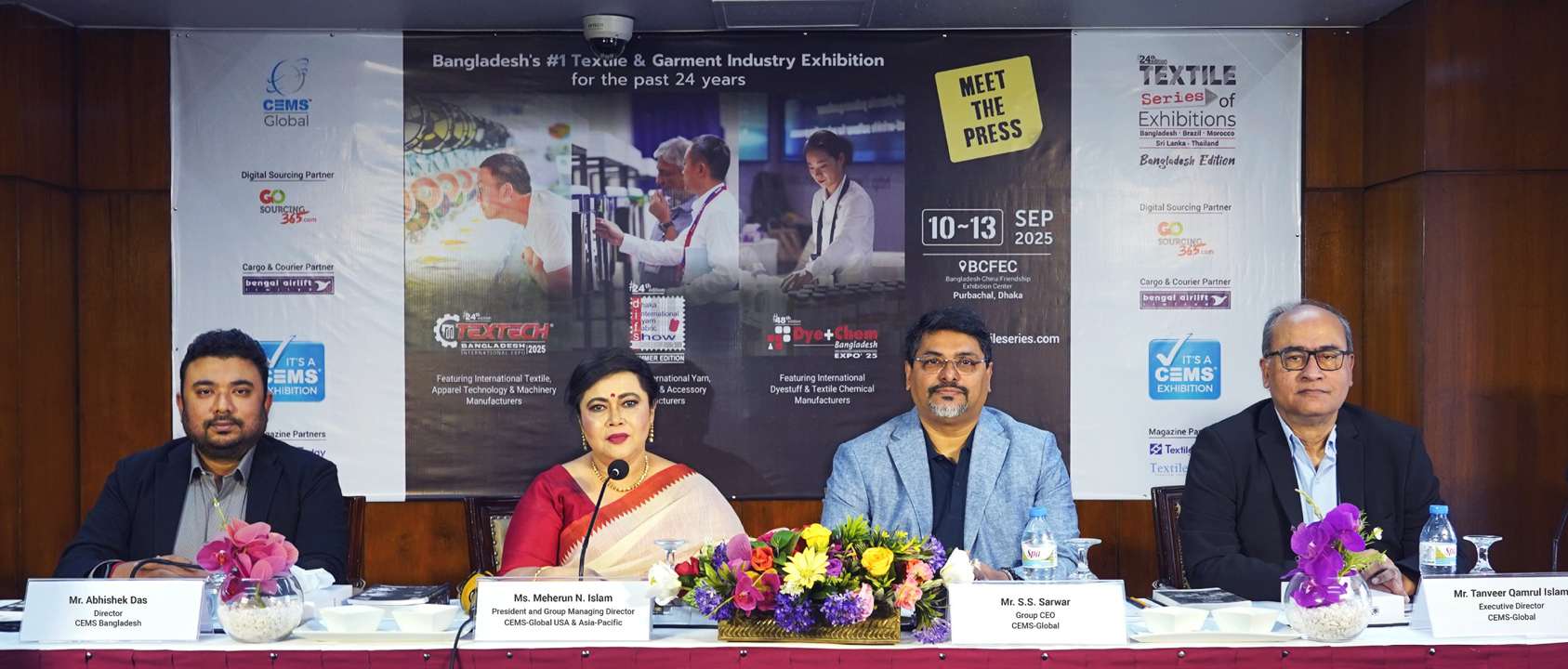Experts have urged family-owned businesses in Bangladesh to separate ownership from day-to-day management and adopt robust governance structures to ensure long-term sustainability and competitiveness.
The call came at a seminar titled ‘Where Family Values Meet Future Vision: Strategy for Sustainable Succession’, organised by the Metropolitan Chamber of Commerce and Industry (MCCI), Rajah & Tann Asia, and AAZ Partners in the capital on Tuesday.
Speakers highlighted the growing need for structured succession planning, stressing that family businesses must empower professional executives to manage operations under ethical guidelines set by the owners.
Strong governance frameworks, they said, would guide executive decision-making and help foster ownership when boards recognise and reward leadership contributions.
In their keynote presentation, Alroy Chan and Abdul Jabbar Bin Karam, consultants from Rajah & Tann Asia, Singapore, emphasised that financial, managerial, legal, and technological support must be extended to successors to secure long-term sustainability.
They urged family businesses to uphold values and integrity while expanding operations and said that thriving family enterprises could attract greater foreign investment to the country.
The consultants also recommended involving the next generation in decision-making while maintaining a clear separation of family matters from business through a distinct governance structure.
Succession, they added, should be based on competence rather than inheritance alone.
They also encouraged establishing a family charter — a non-legal but influential mission statement embodying family values — along with defining decision-making roles, fostering leadership development, and creating conflict resolution processes.
Mirza Salman Ispahani, managing director of MM Ispahani Ltd, stressed the importance of professional management for sustainable growth.
‘If I continue to interfere in management, it creates problems. Owners must empower CEOs, managers, and teams to make decisions,’ he said.
He added that leadership should be based on competence and consensus, rather than automatically passing to the eldest child.
Tapan Chowdhury, managing director of Square Pharmaceuticals Ltd, echoed the importance of professionalism and governance for continuity across generations.
Reflecting on his family’s legacy, he said shared values and his father’s vision laid the foundation for the company, but over time, professional management and governance structures proved more important than family loyalty.
‘Decisions should be taken with broader organisational interests in mind. To sustain across generations, family businesses must embrace professionalism at every level,’ he said.
Former Dhaka Chamber of Commerce and Industry president M Saiful Islam highlighted the role of standardised systems and digitisation in succession planning.
‘Structured processes guide better results and ensure smooth transitions across generations,’ he said, urging businesses to embrace technology to strengthen succession planning and reduce reliance on routine managerial tasks.
In his welcome remarks, MCCI president Kamran T Rahman said family-owned businesses have long been a key part of the economy, driving employment, innovation, and preserving traditions and legacies.
He said that lasting family firms require solid finances, market presence, and forward-thinking leadership to navigate change while retaining their values.
Anis A Khan, MCCI director and managing partner of AAZ Partners, said succession planning must go beyond contingency planning.
‘In an era of rapid technological change, shifting demographics, and global uncertainty, passing the baton with clarity and confidence is not just a family concern — it is a business imperative,’ he said.
He said that family-owned businesses in South Asia are the backbone of the economy, driving innovation, employment, and community development, but face a critical challenge: ensuring continuity without stagnation and embracing change without eroding identity.
Representatives of leading business families and MCCI leaders also spoke at the event, underlining the urgent need for professional governance and structured succession in family-owned enterprises.





















